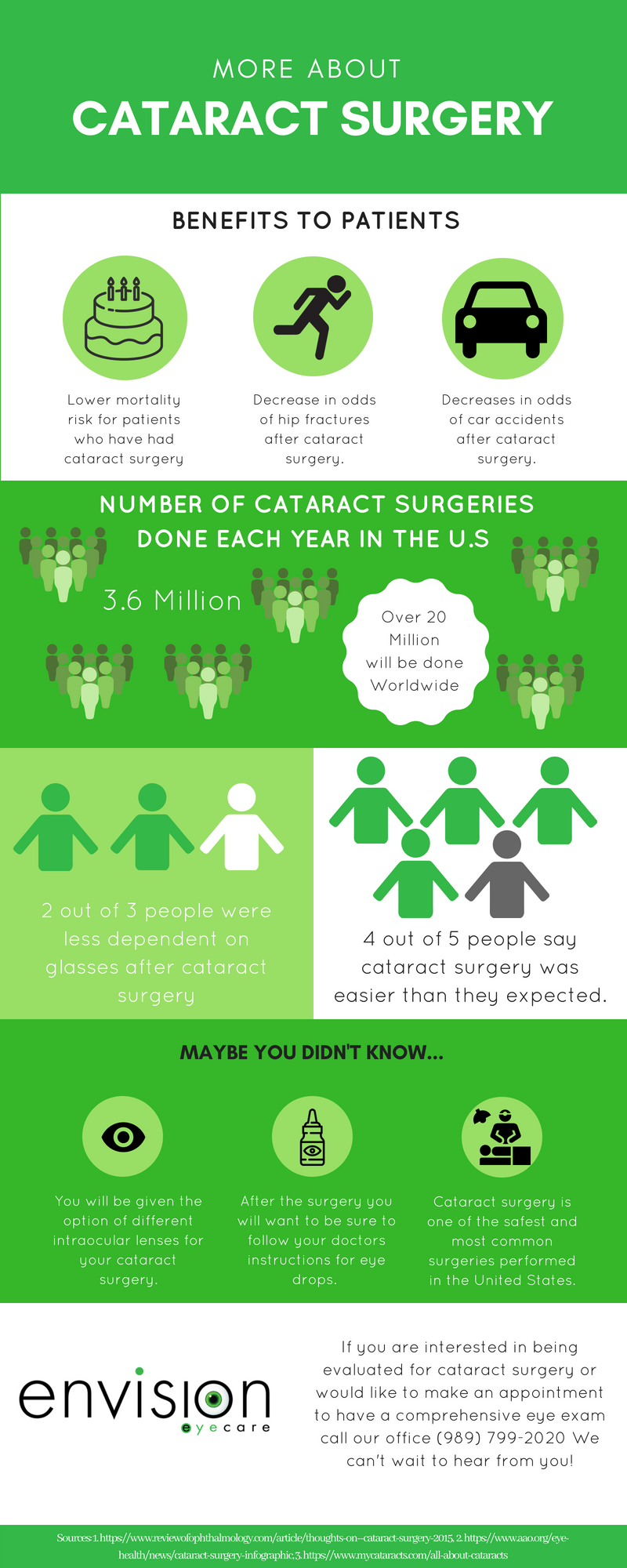Is SMILE Eye Surgery Right For You? Secret Factors To Consider And Insights
Is SMILE Eye Surgery Right For You? Secret Factors To Consider And Insights
Blog Article
Short Article Developed By-McDowell Moss
If you're contemplating SMILE eye surgery, consider this: are you prepared to accept potential aesthetic flexibility, or does the thought of any type of threats make you wait? Your choice will rest on a careful balance of weighing the benefits versus the unpredictabilities. It's critical to delve deeper right into the subtleties of SMILE surgical treatment to make an educated selection that straightens with your visual objectives.
Recognizing SMILE Eye Surgical Treatment
When considering SMILE Eye Surgery, it's important to recognize the treatment and its benefits. SMILE, which represents Small Incision Lenticule Extraction, is a minimally invasive laser eye surgery that corrects typical vision problems like nearsightedness (nearsightedness).
During the procedure, your eye specialist will certainly utilize a femtosecond laser to create a little cut in your cornea. Via this incision, a tiny disc of cells called a lenticule is eliminated, reshaping the cornea and correcting your vision.
One of the key benefits of SMILE Eye Surgical procedure is its fast recuperation time. Several people experience improved vision within a day or more after the procedure, with very little pain.
In https://newspress.com/ditching-the-fog/ , SMILE is recognized for its high success price in giving long-lasting vision improvement. Unlike LASIK, SMILE doesn't need the production of a flap in the cornea, decreasing the threat of problems and permitting an extra steady corneal framework post-surgery.
Understanding the treatment and its benefits is vital when thinking about SMILE Eye Surgical treatment for vision improvement.
Advantages and disadvantages of SMILE
Thinking About SMILE Eye Surgery for vision modification features numerous benefits and prospective drawbacks.
One of the major pros of SMILE is its minimally intrusive nature, as it involves a tiny laceration and normally causes fast recovery times. Cataract Surgery Questions To Ask Doctor is additionally recognized for creating marginal discomfort and completely dry eye signs post-surgery contrasted to various other vision correction techniques. Furthermore, SMILE has actually been revealed to provide outstanding aesthetic end results, with several people achieving 20/20 vision or far better.
On the other hand, a possible disadvantage of SMILE is that it might not appropriate for people with extreme refractive mistakes, as the therapy array is rather limited compared to LASIK. An additional factor to consider is that the learning contour for doctors carrying out SMILE can influence the schedule of seasoned providers in particular areas.
It is very important to weigh these benefits and drawbacks very carefully when deciding if SMILE is the appropriate selection for your vision correction requirements.
Establishing Qualification for SMILE
To determine if you're eligible for SMILE eye surgery, your ophthalmologist will certainly conduct a complete evaluation of your eye health and wellness and vision demands. Throughout this assessment, aspects such as the security of your vision prescription, the density of your cornea, and the general health and wellness of your eyes will certainly be evaluated.
Normally, candidates for SMILE more than 22 years old, have a secure vision prescription for a minimum of a year, and have healthy corneas without conditions like keratoconus.
Your ophthalmologist will certainly also consider your overall eye wellness, any existing eye problems, and your way of living requires to establish if SMILE is the appropriate option for you. It's vital to connect any certain visual demands or issues you may have during this examination to guarantee that the therapy straightens with your expectations.
If you aren't qualified for SMILE, your optometrist might advise alternative vision improvement choices that better match your individual requirements and eye health and wellness status.
Conclusion
Ultimately, making a decision whether SMILE eye surgical procedure is right for you requires mindful consideration of your individual eye wellness and visual needs. Seek advice from your optometrist to establish your eligibility for the treatment and weigh the potential benefits and drawbacks. Remember to connect any kind of problems or inquiries you may have during the examination process to make an educated decision about your vision improvement options.
